Invitation to a geophysics hackathon
/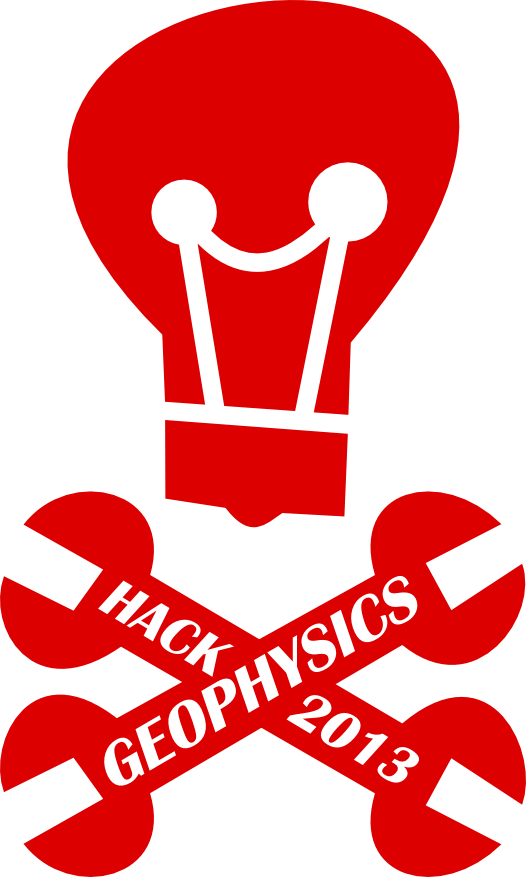 Do you like to build things? Join us for two days of scientific software creation. We'll be in Houston on 21 & 22 September, right before the SEG Annual Meeting, building web and mobile apps to attack one of the unsolved problem themes we exposed in Calgary in May — error and uncertainty.
Do you like to build things? Join us for two days of scientific software creation. We'll be in Houston on 21 & 22 September, right before the SEG Annual Meeting, building web and mobile apps to attack one of the unsolved problem themes we exposed in Calgary in May — error and uncertainty.
Let's build something together
What displays, or calculators, or simulators, could you dream up to help understand, or compute, or visualize, or communicate, or reduce error and uncertainty in your work? How about stochastic synthetics? Well logs with error bars? Fuzzy inversion?
You don't have to be a programmer — teams need ideas, they need science, they need design, and they need presentation skills. Please bring your creativity and your courage. Bring whatever you have, but mainly your brain.
I'm in, what now?
 If want to take part, sign up at hackathon.io. If you have an idea already, start a project there. We are still filling in some blanks but can say that the event will be in downtown Houston, starting at 9 am on Saturday 21 Sept and running till 6 pm on Sunday 22 Sept. It will be free for students; there will probably be a small fee for professionals. We can only take 8 teams, so get in early and be sure not to miss out!
If want to take part, sign up at hackathon.io. If you have an idea already, start a project there. We are still filling in some blanks but can say that the event will be in downtown Houston, starting at 9 am on Saturday 21 Sept and running till 6 pm on Sunday 22 Sept. It will be free for students; there will probably be a small fee for professionals. We can only take 8 teams, so get in early and be sure not to miss out!
If you'd like to help make this event happen, we'd love to have you as a sponsor for the event. The two main opportunities for sponsorship are the catering, and the prizes, but we're open to ideas. Drop us a line.
Last thing: Please share this post with someone you know who loves to make things. Or help spread us on social media with the hashtag #geophysicshack. Cheers!
We have confirmed the location of this event. It will be at START Houston, 1121 Delano Street, Houston. This is quite close to the convention centre downtown. We will be arranging a shuttle or similar from that area to the venue... we'll find a way for people to sign up for that.
I forgot to follow this up with a link to the review — find out what happened.




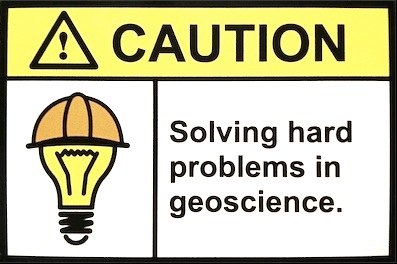
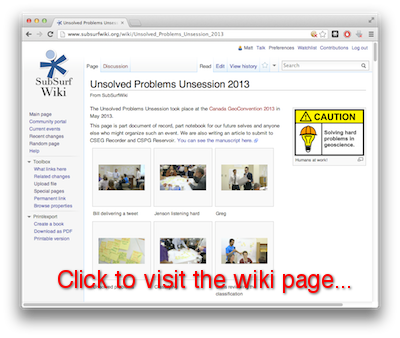
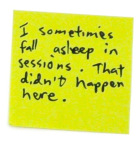

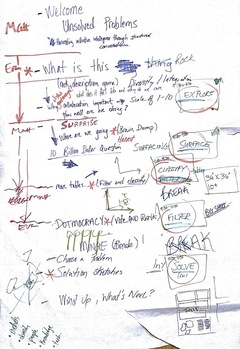


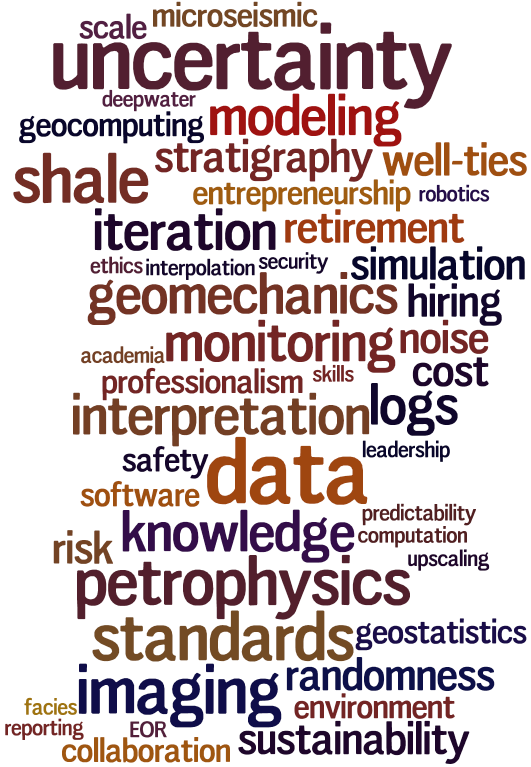

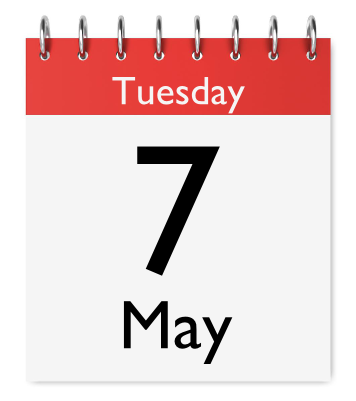







 Except where noted, this content is licensed
Except where noted, this content is licensed